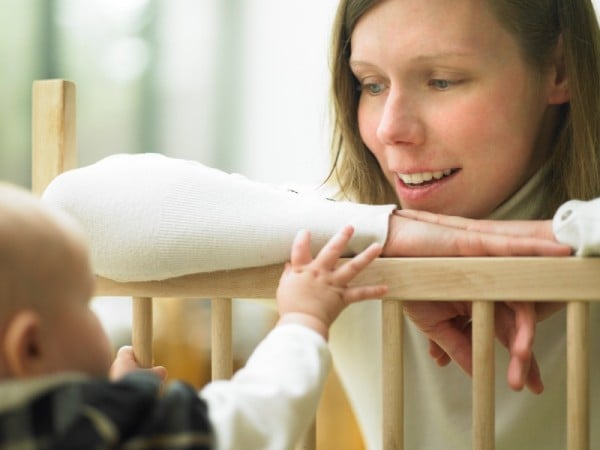
I want to share this in the hope that it will help someone in need.
My husband and I have had plans since before we were married to have a baby. After 6 months of non-stop trying, we conceived our wonderful gift from God, our baby.
From the moment I saw my little bean and heard that wonderful little heartbeat in the ultrasound I was in love.
My husband and I went back and forth on names and finally agreed on a little boy and a little girl’s name. Finally, the big day came when we found out the gender, a bouncing baby girl. The hours spent buying nursery decorations, looking at baby girl clothes, imagining kissing her and seeing her beautiful face came crashing down the moment she was born.
I didn’t look at her and feel unconditional love, I looked at her and felt overwhelming fear and anxiety.
Who was this tiny stranger? Where is this magic mummy moment everyone talks about?
Now, I know what you’re thinking. Postpartum takes weeks, even months to rear its ugly head, doesn’t it? Well, that’s what doctors say.
The week I brought her home was a nightmare. I was in constant fear of being alone with her, and here’s the thing I’ve never admitted to anyone but family: not only was I having overwhelming thoughts of killing myself, but fear of harming my daughter.

